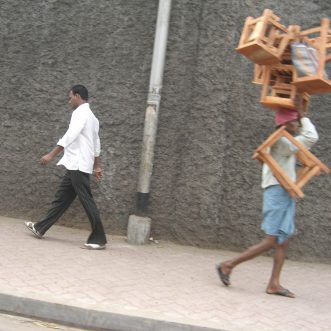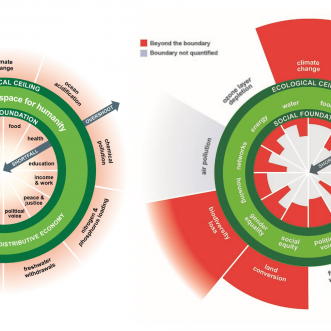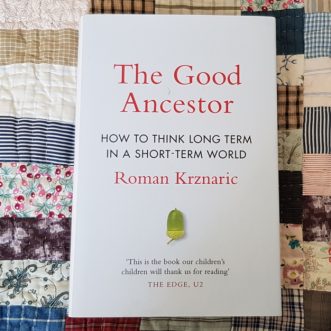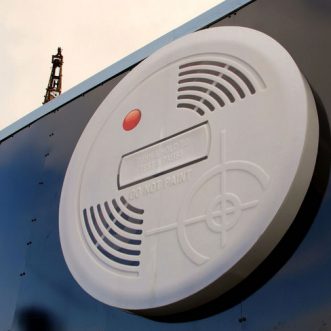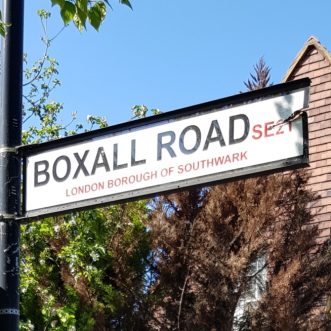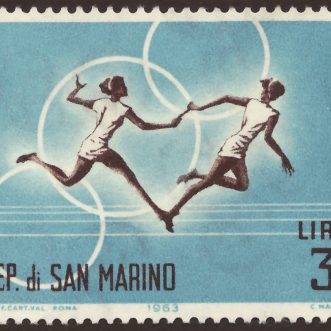May 5, 2022
For a long time, paid-for journalism has been in trouble.
It has relied on a model of change that it no longer monopolises. That model is based in acting as a fire alarm: find smoke, shout ‘Fire!‘ and let the outrage build until those in power do something to put the fire out.
The trouble is, anyone can shout ‘Fire‘ on social media. Plus those in power often start fires of their own, as a distraction from the big fire everyone’s worried about. The result is that there’s a lot of outrage out there, and very few fire extinguishers.
There is an alternative. Some call it Solutions Journalism, others Constructive Journalism.
This journalism says it’s no longer valuable enough to simply shout ‘Fire!‘ and expect the problem to be solved, this journalism seeks out people and places who have solved the problem already, finds out how they did it and shares that knowledge with their audience.
This journalism uses knowledge transfer to move the audience “from urgency to agency“.
Why am I telling you this?
One, because The Carbon Almanac is an excellent example of this kind of journalism. Sign up for a Daily Difference newsletter.
Two, because I think this is an excellent model of change for small, purposeful businesses to adopt too.
If you’re struggling to change, instead of shouting ‘Fire!‘ and waiting for the consultancy fire engines to arrive with the usual solution, why not seek out people and places who’ve already done what you seek to achieve, and share that learning with your team?
Even better, why not encourage your team to be the journalists and do the seeking out? Once everyone knows something is possible, it’s easier to see how you can make it happen in line with your own Promise of Value.
This post is mostly a paraphrase of this excellent speech by Professor Jay Rosen. I recommend a read of it.
Meanwhile, here are some questions I’ve extracted for you to assign to your investigative journalists:
- What’s working where? (It’s a simple starting point. But so different from, “what’s broken here?”)
- Who does it better than we do? (Who in North Rhine-Westphalia, who in Germany, in Europe, or around the world.)
- Who has bucked the trend? (Meaning: faced the same problem, got a different result. Also called “positive outliers.”)
- How did they find their way to a better outcome? (Bornstein calls this the “detective story.”)
- What’s missing from our community that these other communities seem to have?
Go beyond urgency. Construct agency.

